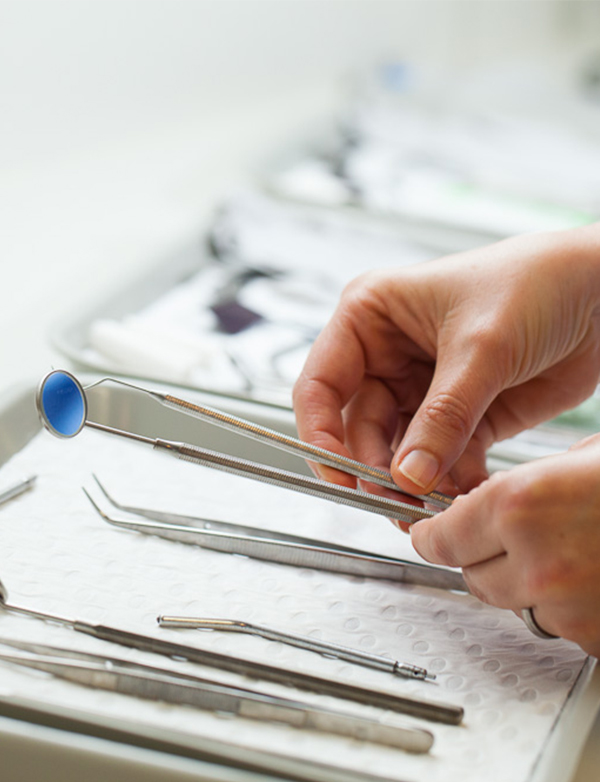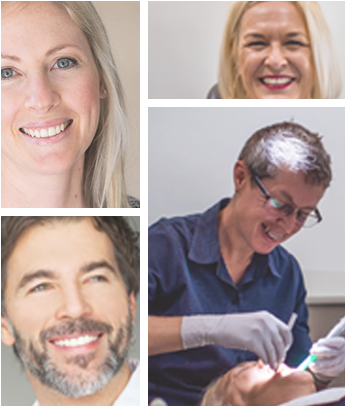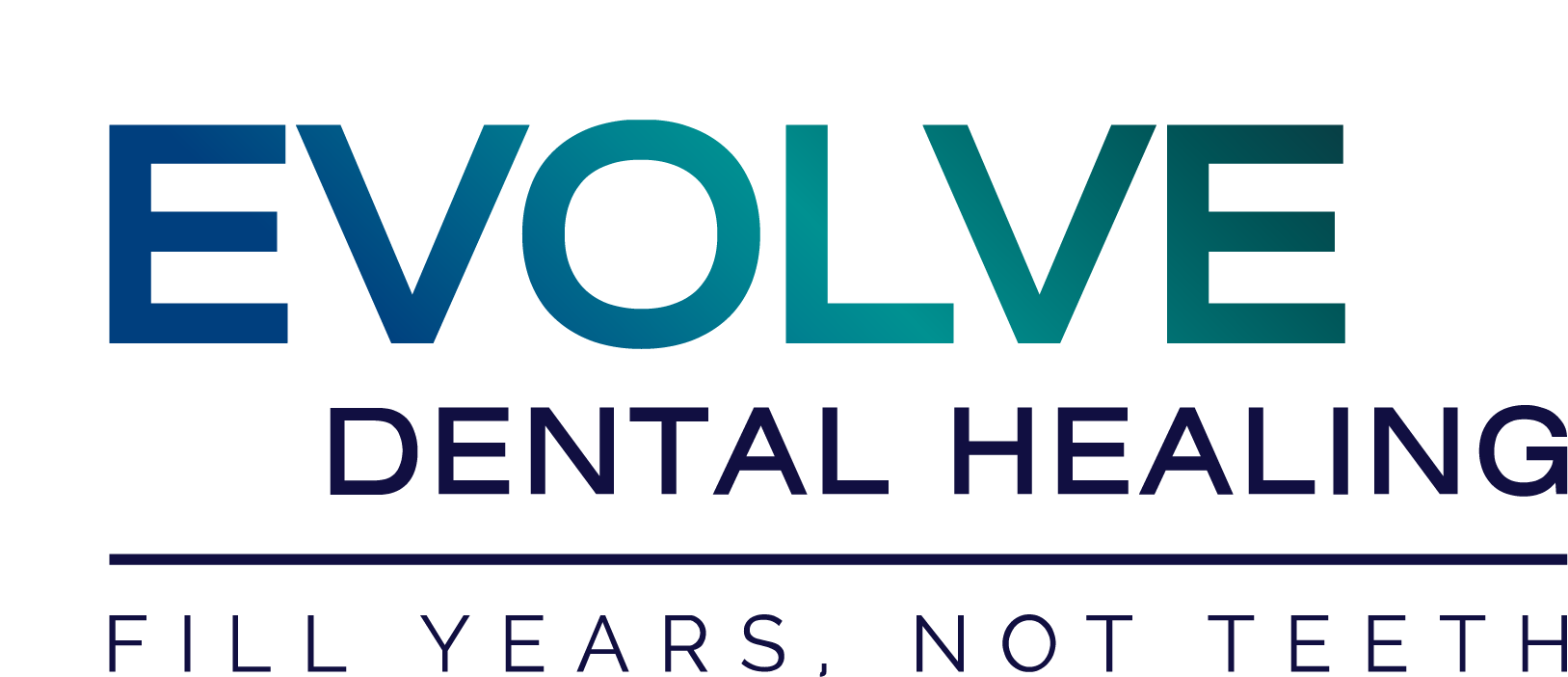Foods That Ruin Your Dental Health

Foods That Ruin Your Teeth
In this article Dr Rachel Hall Holistic dentist shares about what foods ruin your teeth because they increase your risk for dental decay and why.
Now you may be thinking “oh here we go another lecture on the evil of sugar” but in fact, you’ll be surprised to find that sugar is not the only food that makes teeth prone to decay.
In the first article in this series on tooth decay, we discussed the role of blood phosphorous in maintaining the healthy flow of dentinal fluid through the teeth. Today I will expand on what foods disrupt the balance of phosphorous in the blood.
Foods That Cause Tooth Decay
To better understand the factors involved in tooth decay let’s look at the work of Drs Edward and May Mellanby, who discovered the importance of vitamin D in creating healthy bones and teeth.
Grains, Seeds and Teeth
In their studies, the Mellanby’s made the connection that vitamin D deficiency leads to a reduction in the body’s ability to maintain healthy bone tissue. Further studies looked at the role of vitamin D and minerals in tooth decay and also at what foods increased or reduced the risk of tooth decay. The Mellanby’s in particular studied phytic acid found in plant foods and the effects that a diet high in phytic acid had on the levels of tooth decay (more of this later…)
Phytic What?
It’s important that we understand what phytic acid is and what role it plays in our ability to absorb nutrients. Phytic Acid is a compound found in plants, it is formed so that plant tissues can store phosphorous.
Phytic acid is especially found in the bran portion of grains and seeds. When humans eat grains and seeds the phosphorous contained in them is not readily bioavailable (in other words we can’t release the phosphorous from the phytic acid as we are unable to digest it).
Phytic acid reduces the amount of phosphorus available from the food we eat and worse still for the health of your teeth and body phytic acid binds with minerals, such as calcium, magnesium, iron and zinc, to form a phytate. Once bound as phytates these minerals are made unavailable to us as well.
What foods are high in phytic acid and ruin your teeth?
In a nutshell (pardon the pun) – grains, seeds, nuts and legumes have high phytic acid content and act as anti-nutrients by lowering our blood phosphorous levels and blocking our body’s ability to absorb necessary minerals from our diet. These foods can ruin your teeth.
The Research – Vitamin D Phytic Acid and Tooth Decay
So back to The Mellanby’s who conducted studies with children to explore the role of vitamin D and phytic acid on tooth decay.
The children’s teeth were examined at the start and end of each six month trial period and the number and degree of each cavity were noted. The children were placed in one of two groups where they received either the standard diet or a remineralising diet. The standard diet included milk, eggs, meat, fish, vegetables, fruit, bread, oatmeal, a moderate amount of sugar and no supplemental vitamin D, except a small amount in eggs and from sun exposure. The remineralising diet was higher in calcium and vitamin D as cod liver oil was supplemented.
The results were profound. Those who were given vitamin D had 93% less tooth decay than those in the non-vitamin D group.
A third group were studied to explore the effects on vitamin D on a diet higher in sugar and cereal. It was found that not only does vitamin D help repair and arrest tooth decay it also helps to prevent it even when given a sub-optimal diet.
To put it simply the children who ate phytic acid and had no vitamin D had more cavities and those who ate a diet low in phytic acid with vitamin D had much fewer cavities even when they were having more sugar.
This shows that vitamin D plays a crucial role in the prevention of tooth decay and that simply maintaining optimal levels of Vitamin D not only can we improve our health but reduce our risk for dental decay as well.
And now we can avoid it no longer …. its time to talk about what I consider to be the most damaging food that we consume as a population in staggering amounts. Yes, you already guessed it … Sugar.
Dentinal Fluid Flow and Sugar
In a series of tests, Dr Steinman wanted to determine if sugar caused decay due fermentation of sugars resulting in acids which eat tooth enamel or whether some other mechanism involved.
In order to do this Dr Steinman fed rats a sugar-rich diet directly into their stomachs to bypass their mouths ensuring the teeth had no contact with the sugar. Surprisingly the rats developed tooth decay at the same rate as rats who were fed the same sugar-rich diet through the mouth.
How is that possible?
Sugar directly disrupts blood phosphorous levels… If glucose (sugar) goes up in the blood phosphorous goes down. Consistent low blood phosphorous results in a reverse of dentinal fluid flow, which promotes tooth decay!
Sugar disrupts your phosphorous balance and increases your risk of tooth decay whether it touches your teeth or not. These are the foods that ruin your teeth.
Can Reducing Sugar Consumption Prevent Tooth Decay?
Today we tend to graze on sweet foods through the day, particularly between meals. This causes highs in glucose that depress your phosphorous levels. So by sipping soft drinks, sweetened coffee or tea drinks, snacking on chocolates and confectionary, sucking on sweets and lollies or anything that is sugary you are essentially drip-feeding sugar into your system day in and day out.
In this way, the body’s blood sugar is constantly higher than is ideal and in return, the blood phosphorous level is never above that critical threshold to allow for a healthy flow of fluid through the teeth and viola you increase your risk for tooth decay.
Simply reducing your sugar intake and frequency of sugar exposure will go a long way to reducing your risk for tooth decay. However, it is essential to ensure you have optimal vitamin D levels and low phytic acid consumption if you really want to balance out your blood phosphorous levels and provide your body with what it needs to naturally resist tooth decay.
This series of blog articles has hopefully provided you with a foundation and understanding to begin to be able to make a positive impact on your dental health. To find out more about How To Have a Healthy Smile for Life check out Dr Rachel’s book or call us for a consultation today.
-
Dr. Rachel Hall
Rachel is the founder and principal dentist at Evolve Dental Healing with over 30 years experience, practising holistically since 2001. Not your typical dentist, Rachel is a passionate opinion leader, challenging convention to empower people to make better dental and health choices, helping thousands to have healthy natural smiles. A respected writer and presenter on holistic dentistry, health and wellness it is Rachel’s mission to revolutionise the way people look at their dental health.
Talk to us for more details and information
CONTACT US
67 Kenmore Road
Kenmore Queensland 4069
Phone: 07 3720 1811
Fax: 07 3720 1899
Email: info@evolvedental.com.au
OPENING HOURS
Monday – Friday: 7:30am – 5:30pm
References and Citations Mercury & Amalgam Fillings




